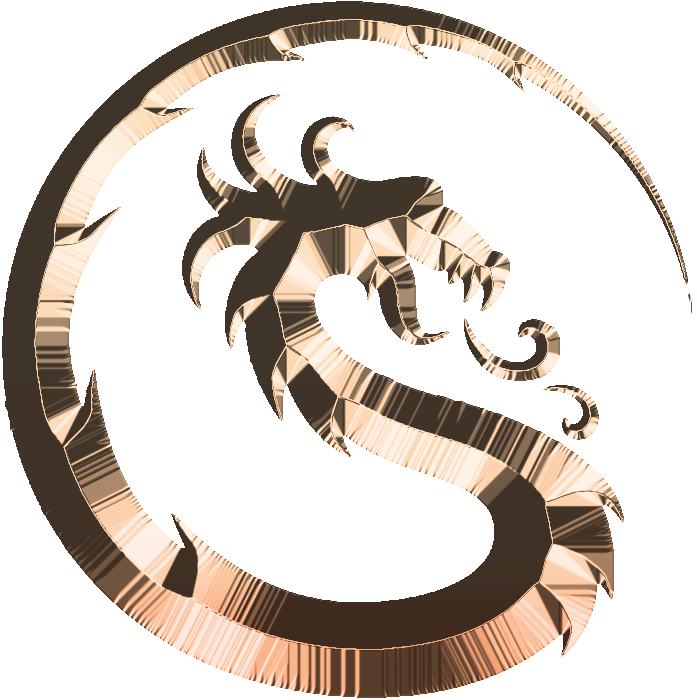When the lockdown began in March and coronavirus coverage dominated the news, I felt oddly compelled to re-read one of several novels about a pandemic. I pulled two books off my shelf: The Andromeda Strain by Michael Crichton and The Stand by Stephen King. I chose The Stand, and it reminded me why I’ve long considered it to be one of the best books I’ve ever read.
Fortunately for us, the coronavirus is not Captain Trips, the bio-engineered virus accidentally released into the world in the opening chapter of The Stand. That said, King’s description of the way the virus spreads was eerily familiar, and so were the virus’ symptoms. But unlike our current pandemic, Captain Trips kills more than 99% of the people on earth.
The story centers around an unforgettable cast of characters who are all immune to the virus. And King draws them from all walks of life. There’s Stu Redman, a strong, blue-collar man from East Texas; ex-rock star Larry Underwood; college co-ed Fran Goldsmith; sociology professor Glen Bateman; and a young disabled man named Nick Andros, and his sidekick, Tom Cullen, who has a very unique way of speaking (“My laws, yes. M-O-O-N, that spells Tom Cullen!”). It’s been more than a decade since I first read The Stand, and these characters have stuck with me ever since.
The pandemic provides much of action in the novel’s first half, but the focus of The Stand – which gives the story its title – is the classic conflict of good versus evil. Not long after the pandemic wipes out most of the world, the survivors begin having dreams. One dream is of a 108-year-old African-American woman named Mother Abagail, while the other is of Randal Flagg, the Dark Man. The Walkin’ Dude. If Mother Abagail is God’s disciple on earth, Flagg is the devil’s henchman.
All the survivors must choose to either join Mother Abagail in Boulder or cast their lot with Flagg in Las Vegas. The followers of Mother Abagail establish the Boulder Free Zone, a democracy founded on laws, with a justice system, a sheriff, and other institutions necessary for a free society. By contrast, Flagg rules Vegas with an iron hand. Folks who don’t play by his rules find themselves hanging on crosses. He does not tolerate dissent or free thought, and his followers turn a blind eye to his violence. Flagg is also hellbent on destroying the Boulder Free Zone, which forces the main characters to ultimately take a stand against his evil.
Without giving away any more of the story, let me say that this book is an absolute masterpiece. Despite being over 1,100 pages, the story is so gripping it made for an easy read. Even more, parts of the book, such as a cross-country trek by a character named the Trashcan Man, are simply brilliant. But it’s the way King’s characters come to life, and how you find yourself caring for so many of them, that makes the book such an excellent read.
If you are looking for a novel that seems strangely relatable to the world we find ourselves in today, I could not recommend a better book than The Stand.
** Incidentally, CBS has produced a new 10-episode miniseries of The Stand to air sometime this year. You can read more about it here.

